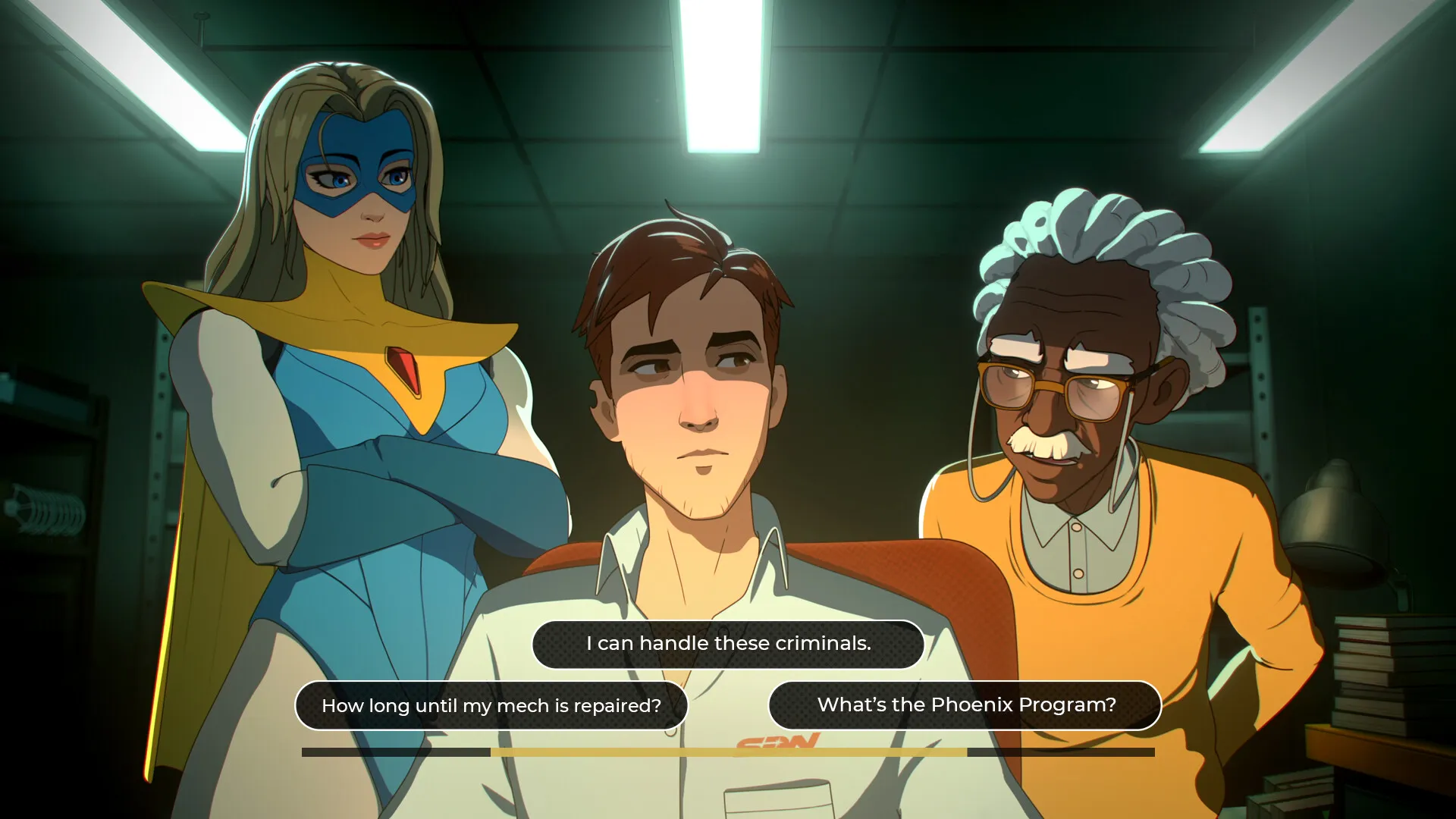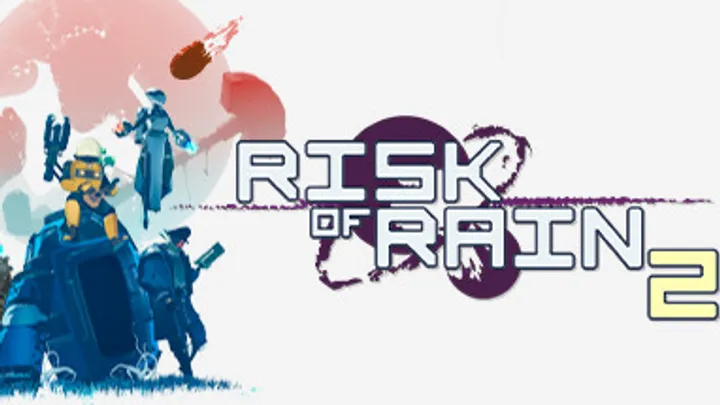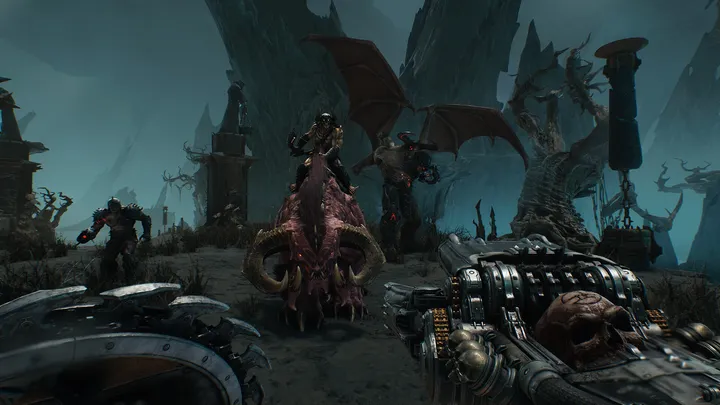Dispatch is a tense, decision-driven experience where you take the role of a dispatcher managing emergency calls, stressful scenarios, and rapid judgment moments. Success is not about fast reaction alone—it’s about reading context, evaluating risk, and choosing responses that save lives. This guide teaches you how to play better, stay calm under pressure, and make correct decisions consistently.
Understanding Your Core Responsibilities
Your primary job is to interpret information quickly and accurately. Dispatch challenges your ability to distinguish urgency levels, detect lies, and understand hidden tones. Every call is a puzzle, and mastering fundamentals makes the entire game smoother.
Listening for Key Details
Pay attention to background noises, breathing patterns, and changes in voice. These often reveal danger long before the caller explains everything.
Filtering Important Information
Not every detail matters. Focus on location, threat level, injuries, and surrounding hazards first.

How to Stay Calm Under Pressure
Dispatch simulates real crisis tension. You're expected to make decisions under emotional stress.
Breathing and Pace Control
Before every major decision, slow down for one second. A calm dispatcher makes smarter choices.
Prioritizing Tasks
Rank situations: danger to life first, ongoing crimes next, non-critical issues last. This prevents panic and mistakes.
Mastering Call Analysis
Proper evaluation determines whether you escalate, de-escalate, or end a call.
Identifying Real vs. False Threats
Some callers lie, others exaggerate, and some hide danger. Listen for contradictions and fear patterns.
Choosing the Right Response Tree
Learn each type of emergency script: domestic conflict, robbery, mental breakdown, medical emergency, or unknown threat.
How to Handle High-Risk Emergency Calls
These calls define your success and determine story outcomes.
Threat Escalation vs. De-escalation
When in doubt, keep the caller talking. More information reveals motives, weapons, injuries, and possible escape routes.
Critical Techniques:
- Ask open-ended questions
- Repeat important statements
- Give calm, direct instructions
- Do NOT provoke or panic the caller
Using Emotional Intelligence
Your tone shapes outcomes. Choosing the wrong dialogue option can worsen the crisis.
Reading Emotions
Fearful callers speak fast; violent callers speak low or tense; liars hesitate. Identify and adjust.
Speaking Effectively
Use neutral, confident language. Don’t argue. Don’t blame. Your job is control, not confrontation.

How to Use Time Efficiently
Time is your greatest resource—and your biggest enemy.
When to Rush
Move quickly only when:
- Life is immediately in danger
- You have all key information
- The caller is non-responsive or chaos is escalating
When to Slow Down
If the caller is unstable, slowing your pace stabilizes the situation.
Managing Multiple Call Types
Knowing how each scenario behaves helps you predict outcomes.
Medical Calls
Ask about breathing, bleeding, level of consciousness.
Criminal Calls
Determine weapon presence first, then aggressor location.
Suspicious Activity
Get specifics: sounds, movement, direction, threats.
How to Achieve the Best Outcomes
Your decisions directly affect endings and character paths.
Avoid Frequent Mistakes:
- Ending calls too early
- Misjudging threat severity
- Giving unsafe instructions
- Ignoring environmental sounds
Follow a Correct Decision Pattern:
- Listen fully
- Identify threat
- Confirm location
- Guide actions
- Dispatch help
- Keep them talking when necessary

Improving Through Replays
Replay value in Dispatch is high because each wrong decision teaches a lesson.
What to Review Per Run:
- Which calls went bad
- What clues were missed
- Which responses escalated situations
- Emotional mistakes (panic, rushing, misreading tone)
Goal for Each Replay:
Fix one mistake at a time. Improvement is gradual but steady.
Conclusion
Dispatch is a psychological, decision-driven game where every word matters. Mastering it means learning how to listen, analyze, remain calm, and guide callers with precision. By focusing on emotional intelligence, threat assessment, call structure, and long-term replay improvement, you'll consistently achieve better outcomes and uncover deeper layers of the story. With practice, you’ll make smarter decisions, stay composed under pressure, and handle even the most chaotic emergency calls with confidence.

















